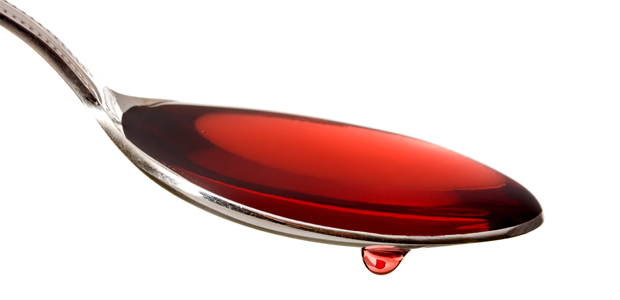Advertisement
Over-the-counter Medications Not for Young Children
Being around a sick child can be difficult, especially in the midst of a coughing fit, but before administering any over-the-counter cough or cold medicine—including those labelled as being for children, be sure to check with a health care practitioner first. What’s good for adults is not always good for children A new study from … Continued

Being around a sick child can be difficult, especially in the midst of a coughing fit, but before administering any over-the-counter cough or cold medicine—including those labelled as being for children, be sure to check with a health care practitioner first.
What’s good for adults is not always good for children
A new study from the University of Michigan has identified that 40 percent of parents give young kids cough and cold medicines that aren’t suitable for children that age. These over-the-counter medicines include both cough and multi-symptom cough and cold medicines. Twenty-five percent of parents also reported administering decongestants to their children.
According to Matthew M. Davis, MD, MAPP, director of the CS Mott Children’s Hospital National Poll on Children’s Health, “Products like these may work for adults, and parents think it could help their children as well. But what’s good for adults is not always good for children.”
Potential risks
In 2008, the US federal Food and Drug Administration (FDA) advised that children under the age of two should not be given over-the-counter medicines. These medications have not been proven effective for young children and may cause serious side effects that include allergic reactions, increased or uneven heart rates, drowsiness, sleepiness, slow or shallow breathing, confusion, hallucinations, convulsions, nausea, and constipation.
In response to the FDA’s announcement manufacturers of over-the-counter medications changed their labelling to specify that their products were not to be given to children under the age of four.
In 2007, Health Canada also warned about giving over-the-counter medications to children under the age of 14 without consulting a health care practitioner.
What may be a troubling issue for parents is that many of these products have been labelled prominently as “children’s” medication, but the dosage instructions are limited to the fine print on the back of the box.
Alternatives
Instead of giving cough medicine to your kids, try these more natural methods (Source: “Coughing Kids”). Of course, seek the advice of your health care practitioner if your child’s symptoms are not improving or are worsening.
- Make sure they drink plenty of liquids such as water, juice, clear broth, or warm lemon water with honey to help loosen congestion and prevent dehydration.
- Get them to gargle with salt water to relieve a sore throat.
- Use a saline spray to loosen nasal congestion instead of using decongestant sprays, which can inflame mucous membranes.
- Give them chicken soup, which can relieve congestion and reduce inflammation.
- Create a moist atmosphere with a humidifier—cold viruses thrive in dry conditions.
- Try a little vitamin C (reduces symptoms and duration), echinacea, and zinc (antiviral) in doses appropriate for your child’s age and weight.
Related articles





